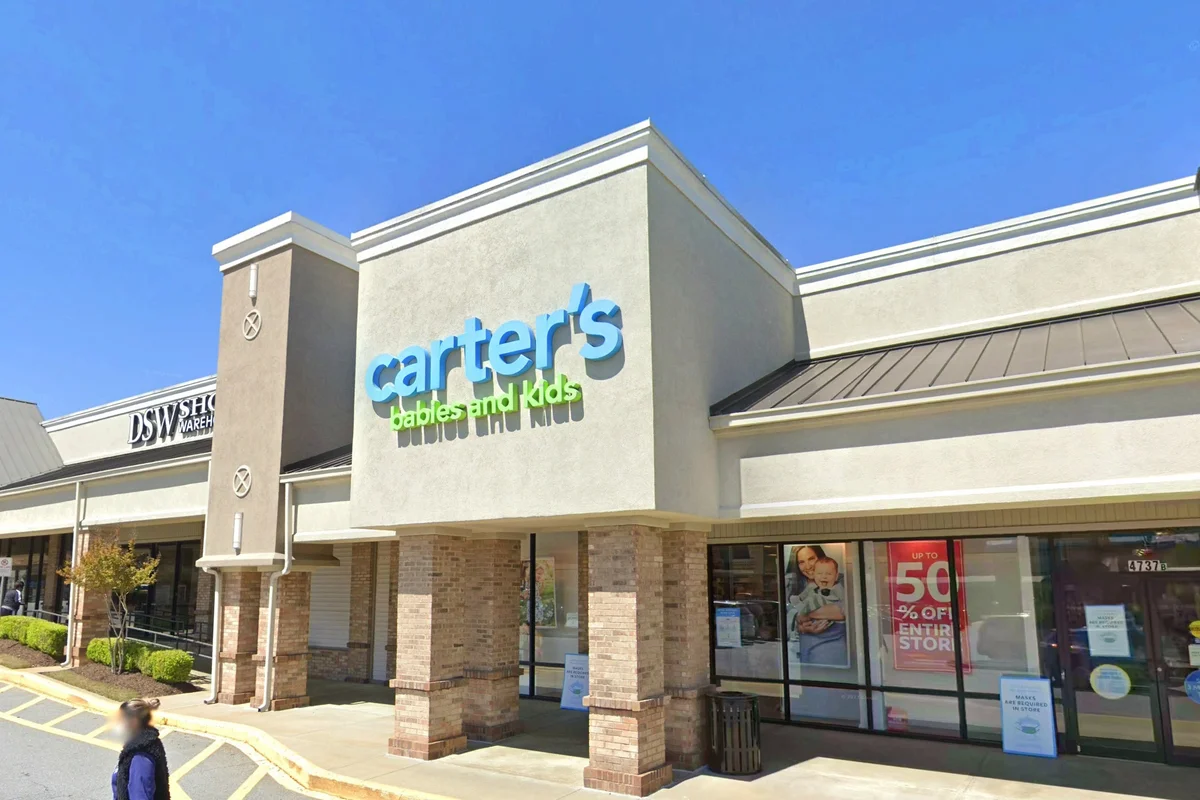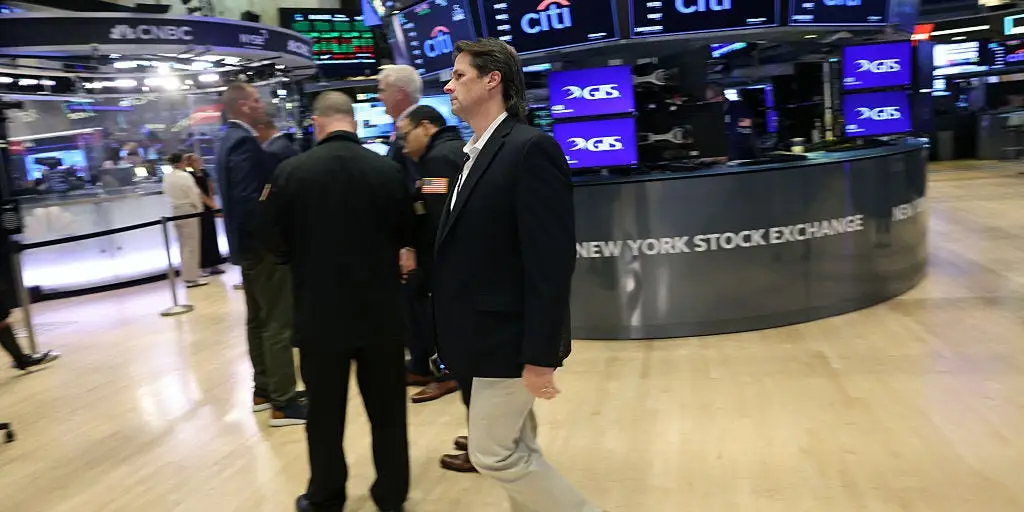Copyright independent

Baby clothing vendor Carter's will close about 150 stores across North America and lay off around 300 people after President Donald Trump's tariffs ate badly into its profit margins. In an earnings report on Monday, the company said its net income for the three months ending in September had crashed by more than 80 per cent since the same period last year, from $58.3m to only $11.6m. As a consequence, the Atlanta-based retailer will try to save around $35m per year by increasing its number of store closures by 50 and cutting around 15 percent of its total workforce, having previously announced it would close around 100 stores. It comes as companies in multiple industries report damage to their business from Trump’s import taxes, leading many business leaders to fear that a financial crash may be imminent. "Our third quarter performance reflected continued improvement in U.S. Retail business demand," said CEO and president Doug Palladini on Monday. "However, elevated product costs, in part due to the impact of higher tariffs, as well as additional investment, weighed meaningfully on our profitability." He said the company would "act decisively" to improve its prospects by "closing low-margin retail stores, right-sizing our organization, and honing product choices." Due to these "difficult decisions", he added, he and the rest of the company's board would receive less financial compensation in 2026. It makes Carter's the latest company to complain of turbulence from U.S. tariffs on foreign goods, which currently start at around 10 percent and reach as high as 100 percent for some products. Many of those taxes are currently paused pending trade negotiations, but could still kick back in after November 1 or November 8. Last week, toy maker and Barbie creator Mattel said it had suffered a sharp drop in sales and revenue due in part to tariffs on China. Other companies such as Home Depot have raised their prices, including many alcohol importers and makers of Halloween costumes and candy. A report from the Department of Labor last week found that companies had so far passed around 37 percent of their increased costs onto consumers and 9 percent to their suppliers, while eating 51 percent of the extra cost themselves. In its earnings report on Monday, Carter's said it expected the tariffs to impose an extra $200m to $250m in import costs on the company for the whole of 2025. "These additional tariffs have begun to add substantially to the approximately $110 million in duties on imported product paid by the company," it said. "Over time, the company intends to partially offset these additional costs through a combination of changes to its product assortments, cost sharing with its vendor partners, changes to the mix of its production by country, and raising prices to end consumers and its wholesale customers." According to The Atlanta Business Chronicle, Palladini told investors on a conference call that consumers were enthusiastic about Carter's new products, especially among Generation Z. Still, he said, "there remains meaningful work to be done to eliminate costs, enhance productivity, add complexity and exhibit consistent growth in revenue and profitability."



